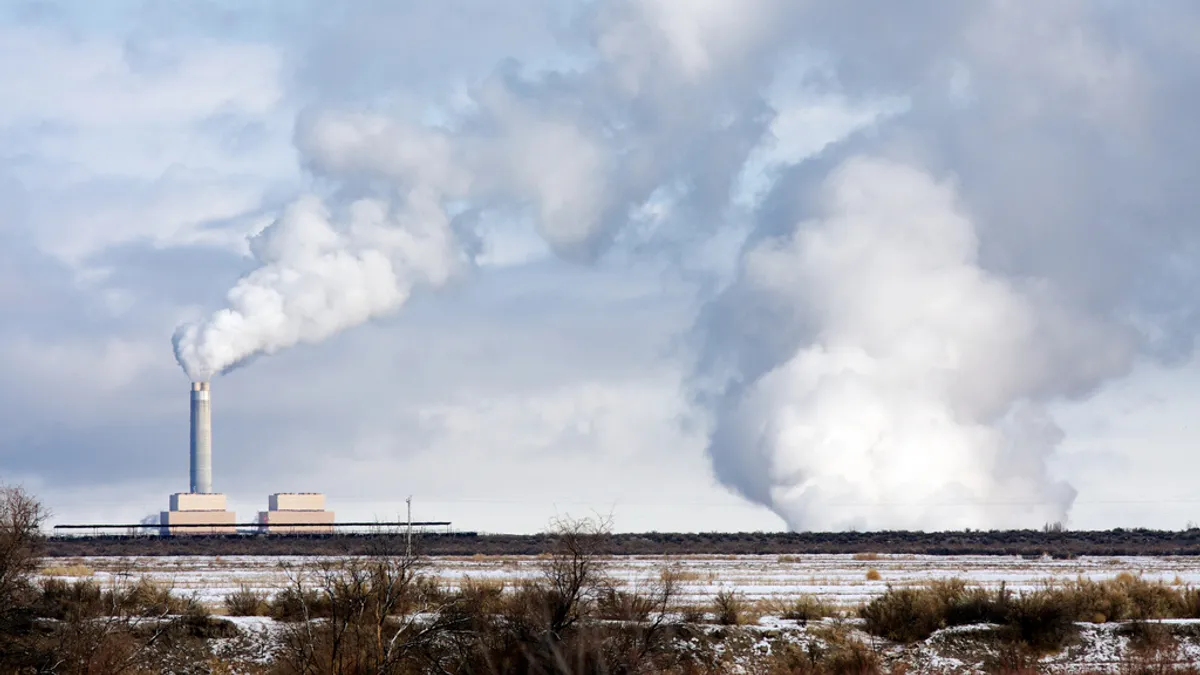Dive Brief:
- A three-judge U.S. Court of Appeals panel upheld EPA-imposed limits on coal-fired power plant emissions. The District of Columbia circuit decision requires plant technology to reduce mercury by 91%.
- The standards were challenged by fossil fuel industry trade groups and conservative state governors. They claimed the rules exceed the EPA’s authority, could cost $9.6 billion per year and risk 16,000 jobs.
- The EPA responded that the limits will save $100 billion per year in health and environmental costs. They will prevent 11,000 premature deaths, about 5,000 heart attacks and 130,000 asthma attacks per year, according to the American Lung Association.
- Congress imposed the 1990 Clean Air Act to control health harms without concern for cost impacts, Judge Judith W. Rogers wrote in the opinion. Judge Brett M. Kavanaugh concurred on many points but noted it was unreasonable for EPA to completely exclude consideration of costs.
Dive Insight:
This case was provoked by increased enforcement of Clean Air Act regulations and expansion of EPA authority during the Obama administration, part of its climate change fight. The EPA standards are a driving force behind the utility industry’s increasingly rapid shift to natural gas and renewables.
The decision will drive the shuttering of some 60,000 megawatts of coal-fired electricity capacity at a cost of well over $100 billion, according to National Mining Association President Hal Quinn.
Coal plants account for almost half of mercury emissions, 70% of SO2 emissions, and 20% of NO2 emissions. Mercury is linked to cancer in adults and neurological disorders in young children, according to studies.














